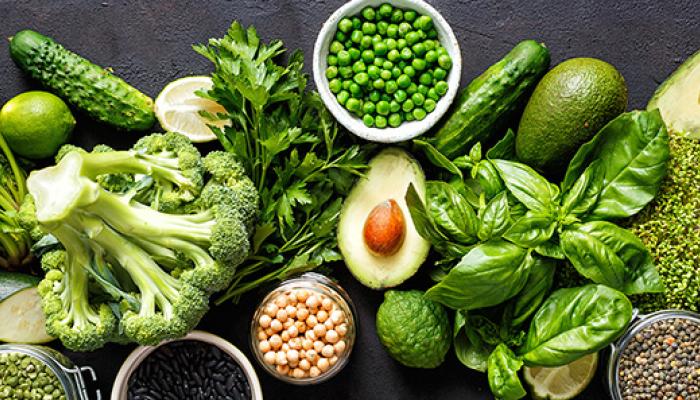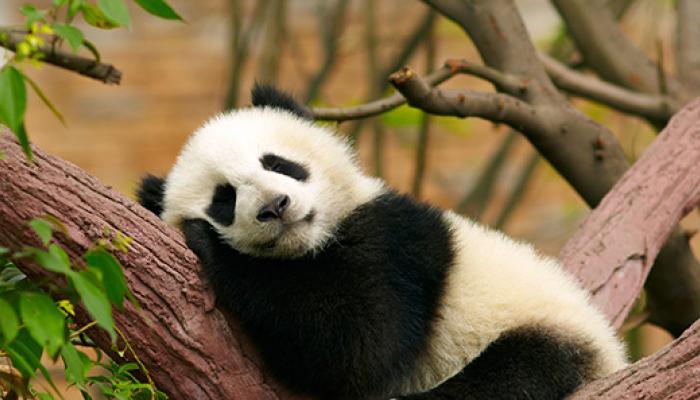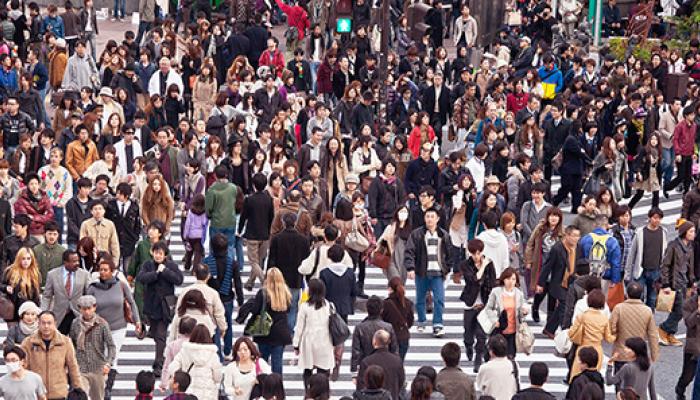
6.6 Why is wasting food and water such a great sin? How important is recycling and renewable energy? What if I cannot afford an eco-friendly lifestyle?
Jesus ordered his disciples not to waste any food when he was feeding 5,000 people (Jn 6:12). We should do the same. The more we waste, the less is available for others globally. Even though many of us do not realise this, fresh drinking water is a very precious commodity in the world. Too many people still have to live without this.
When you recycle products, no new resources are needed, so that more remain available for others. This is a way to respect God’s creation. Living eco-friendly encompasses all our lives. It means being careful with what we buy, but also re-using, repairing, and recycling, which is often budget-friendly.
What kind of bond exists between created things?
There exist an interdependence and a hierarchy among creatures as willed by God. At the same time, there is also a unity and solidarity among creatures since all have the same Creator, are loved by him and are ordered to his glory. Respecting the laws inscribed in creation and the relations which derive from the nature of things is, therefore, a principle of wisdom and a foundation for morality [CCCC 64].
[The] ‘culture of waste’ tends to become a common mentality that infects everyone. Human life, the person, are no longer seen as a primary value to be respected and safeguarded, especially if they are poor or disabled… Whenever food is thrown out it is as if it were stolen from the table of the poor, from the hungry!... Human and environmental ecology go hand in hand [Pope Francis, General Audience, 5 June 2013].





